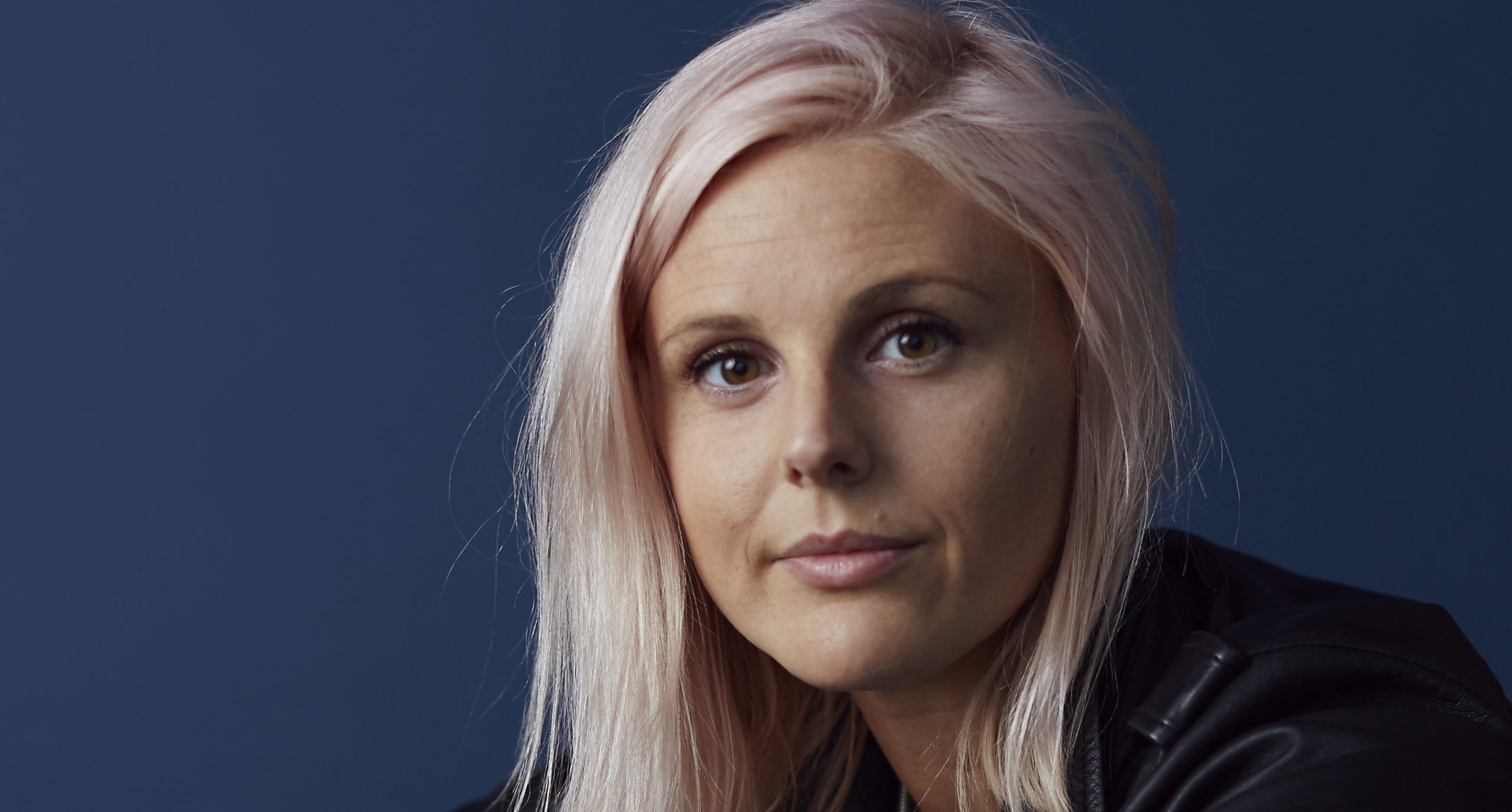Developers turned CEOs like Mark Zuckerberg and Bill Gates dominate tech sector headlines. Andreesen Horowitz, a leading venture capitalist firm, says they prefer to invest in technical founders and many investors simply refuse to invest in a non-technical founder unless there is a technical co-founder involved. The myth of the technical founder is firmly embedded in the psyche of the Silicon Valley technology investor.
Nerds have such a distaste for sales-people, that they were banned from the planet in Douglas Adam’s geek bible The Hitchhiker’s Guide to the Galaxy.
While developer led businesses and the engineer dominated companies of Silicon Valley have changed the world and made many aspects of our lives easier, the technology and the economy are in a different place now to when Facebook was founded 15 years ago.
The cost and complication of creating many software products, like mobile apps, websites and algorithms have fallen. While the first mobile apps written for the iPhone were very innovative technologies, this is no longer the case.
This means that non-technical founders are becoming more and more prevalent in the tech sector, and this trend is only likely to grow. There are more and more developers and designers in the market, outsourced product teams have driven down the cost of experimentation and successful non-technical founders serve as an inspiration for others like them. The most famous of these is probably Alibaba co-founder and Chinese billionaire Jack Ma, whom CNBC quoted as saying “I know nothing about technology, I know nothing about marketing, I know nothing about [the legal] stuff. I only know about people.” (Source: CNBC)
Moreover, as digital advertising costs have risen, founders who can sell or have existing client relationships have the edge.
The prevailing wisdom on non-technical founders is that if they are to succeed, the technology their companies develop must be very simple and just supports their main offline business. There is also an expectation that there will be a technical co-founder to do the “hard stuff” so the non-technical founder can focus on the fluff.
This second-class citizen image of non-technical founders, while prevalent, does not stand up in the face of evidence. As I have been building Tech for Non-Techies, a community for smart people with non-technical backgrounds who want to learn about technology, I have interviewed a plethora of successful non-technical founders for our podcast.
I want to share some of those examples with you today.

Exton is the founder of HER, the world’s largest brand for LGBTQ women & queer people. Their app is home to 5 million people across the world.
An alumna of Y Combinator, the prestigious Silicon Valley accelerator, Robyn has raised $2.5 million from investors. She began her career in branding and had never worked in a tech company before starting one herself.
Speaking to the Tech for Non-Techies podcast, Exton gave this advice to non-technical founders “just keep learning. There is so much information available online today. Don’t expect to learn it all in one go. It takes time, commitment, and a lot of hustle to get to a place where an idea can become something.”

Segura’s first venture was Giant Media, an early native video advertising exchange that included Toyota, American Express, and Dollar Shave Club as clients. Giant Media was successfully acquired in 2014 by Adknowledge, an adtech platform funded by TPG, JMI, and Nokia among others.
Since then David has invested in almost 60 start-ups, many of which have technology at their core. He is currently the CEO of Glassbox Media, a premium podcast network.
Segura studied political science, not computer science, at the University of Chicago, and came up with the idea for his first company while working at a comedy publisher.
When I spoke to Segura he shared this advice for non-technical founders is that “you should become fluent and knowledgeable of software trends and best practices – learn how to manage a technical endeavor from both a project and product standpoint, but you will not get credit or a moral victory for becoming an average coder in a world that only values excellence.”

Zubko co-founded Triptease, a global software as a service company with offices in London, New York, and Singapore, which has raised $28 million in venture funding. She also sits on the board of a NASDAQ listed business and is currently building her third tech-enabled venture.
She has never had a technical co-founder and has worked with outsourced developers to build products.
Zubko believes that learning to admit that you do not have all the answers is a far more useful skill for non-technical founders than learning to code. She says “put those engineering books aside and make sure you’ve got the strength to be vulnerable. That’s the most important thing.” You can listen to more advice from Alexandra in this podcast episode.

Kang founded Aizen, a fintech company that uses AI to support decision-making and manage risk for banks. Aizen has raised $13 million in funding and their AI system currently processes 10,000+ algorithms in real-time.
Kang is a non-technical founder who began his career in investment banking. He became interested in using AI to solve problems after he took a course on data-driven marketing at business school.
In this podcast, Kang says that learning how to solve problems using algorithms was his aha moment. He says “every decision we make under any circumstances can be calculated mathematically.”
Kang does not have a technical co-founder and created his company’s first algorithm using a spreadsheet.
During Covid, technology has permeated every facet of our lives. As the tech sector grows, so do the opportunities for non-technical founders.
Tools to test ideas, like the software designers use to build prototypes such as Invision, is prevalent, often free and easy to use. Website builders like Squarespace mean that entrepreneurs can test online ideas without writing a line of code. The recent rise of no code apps like Bubble drive down the cost of curiosity and experimentation even further.
As it becomes easier and cheaper to build products, the value of people who have the skills and empathy to understand user behaviour and commercialise innovation is only set to rise.
The investors who see this trend are the ones making the smartest bets. Sticking to the traditional view of non-technical founders is soon going to be as out-dated as a fax machine.
Author bio:

Sophia Matveeva is the founder of Tech For Non-Techies, an online learning community. Sophia has contributed to the Financial Times, The Guardian and Forbes on entrepreneurship and technology, and has guest lectured at Chicago Booth and London Business School.
As a non-technical founder, she has co-created apps and algorithms that have been used by thousands, won App of the Day by Mashable, and were featured by Inc, the BBC and more.
Sophia has advised Chicago Booth’s New Venture Challenge and the Microsoft x London College of Fashion incubator.
She holds an MBA from Chicago Booth, and a BSc (Hons) in Politics from Bristol.



